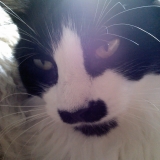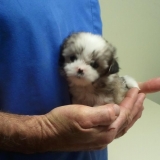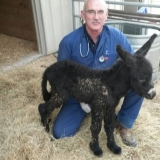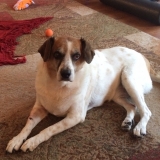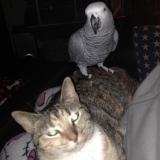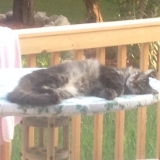Nighttime vocalization in cats is a problem that can be addressed.
On television and in books talking animals are really cute. Mr. Ed always had amusing things to say. Scooby Doo could speak better than his owner Shaggy and Astro was probably the smartest member of the Jetson household.
Animal conversations are great in the daytime. At nighttime they are not so appreciated. Kitties that decide to vocalize in the night are one of the things that can drive an owner to distraction.
Nighttime vocalization in cats is a complex issue. There are many causes of the problems and fixes can be elusive.
In general, nighttime vocalization tends to be more of an issue in the older cat. The causes of nighttime vocalization tend to fall into roughly three categories. The first is dementia related. The second is health issues and the third is environmental.
When a cat starts with nighttime vocalization a visit to your veterinarian should be on the top of your to do list if you want to be able to sleep through the night without interruption. Your cat will be evaluated for a wide range of health issues including hyperthyroidism, blood pressure, arthritis and more.
There are medications to help with many of these issues. Finding the right combination of medications can be a bit of trial and error but often the vocalization can be minimized by addressing the health issue that started the problem.
Environmental factors can include boredom, lack of exercise and hunger. Playtime in the evening, playing with a peacock feather, chasing a string or a laser point should be part of the treatment plan for vocalizing cats. Effective playtime should last at least five minutes. It may be hard to keep your cat engaged with one toy for a full five minutes. So be ready with two or three toy options for a play period.
Some of cats will benefit from timed feeders that provide fresh food throughout the night. Other options are feeding mazes. Some people will even hide treats for the cat to find. You may want to try putting food out at regular intervals rather than having free choice feed all day long. Make the final feeding of the day at bedtime.
Nighttime vocalization is a complex problem. Addressing the problem will take some persistence on your part. There are many factors involved in both the cause and the cure. For you to, once again, get a good night's sleep a visit to your veterinarian is imperative.

